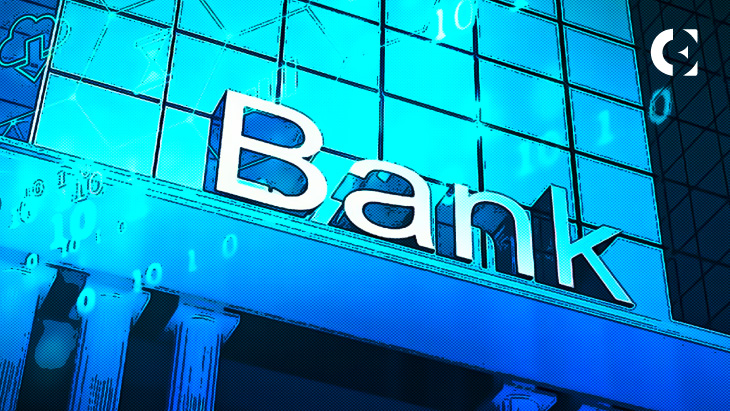- Dwpbank will launch wpNex platform offering Bitcoin to retail customers of its 1,200 bank partners.
- The new service will not require additional KYC procedures and will integrate crypto accounts alongside traditional accounts.
- Tangany and Tradias will participate in the initiative, and the bank plans to introduce other cryptocurrencies in the future.
German bank Deutsche WertpapierService Bank (Dwpbank) is providing securities processing services to approximately 1,200 banks and has announced the launch of a new platform called wpNex. This new platform is set to provide Bitcoin to all retail customers affiliated with its partners in the latter half of the year.
As per reports from local media, the upcoming service will integrate crypto accounts alongside the traditional accounts of bank customers, and will not mandate any additional Know Your Customer (KYC) procedures.
Tangany, a Wallet-as-a-service provider, and Tradias, the digital asset trading service offered by Bankhaus Scheich, will also be involved in the new initiative. Under this service, retail customers will not be in possession of private keys. Heiko Beck, the CEO of Dwpbank, stated that the bank intends to introduce other cryptocurrencies, digital assets, and tokenized securities to the service in the future.
MLP Banking became the first affiliate of Dwpbank to join the wpNex platform and has already conducted a transaction on it. Paul Utzat, the head of account and securities processing at MLP Banking, mentioned in a statement:
In our MLP customer portal, it is a logical addition to the existing wealth management offering.
According to the statement by Paul Utzat, the crypto accounts on wpNex are directly linked to euro cash accounts, which means that transactions can be carried out without the need for a separate payments account.
Germany has been recognized as one of the most favorable countries for cryptocurrencies. In February, DZ Bank, which is the second-largest bank in Germany in terms of assets, and a central institution for a network of bank cooperatives with 8,500 branch offices, declared that it would be introducing a cryptocurrency to its asset management service.
However, German crypto bank Nuri had to shut down in November due to the bearish trend in the cryptocurrency market, despite having half a million customers. Meanwhile, the traditional finance sector in Germany saw instability spread among European banks, causing Deutsche Bank shares to plummet on March 24. Deutsche Bank’s asset management division, DWS, is said to be discussing investment in the tradias service.
Disclaimer: The information presented in this article is for informational and educational purposes only. The article does not constitute financial advice or advice of any kind. Coin Edition is not responsible for any losses incurred as a result of the utilization of content, products, or services mentioned. Readers are advised to exercise caution before taking any action related to the company.










